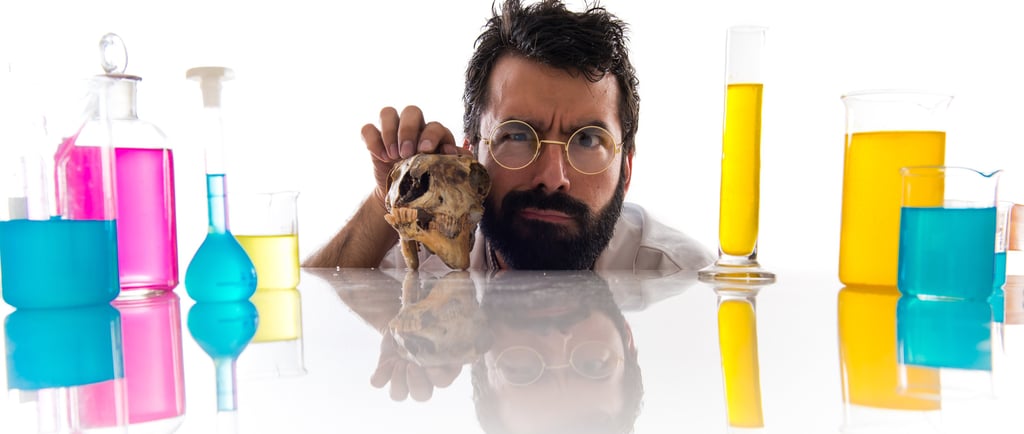Mastering Chemical Equations in Class 10 CBSE Without Memorization
Struggling with Class 10 CBSE chemical equations? This blog breaks down complex reaction types like combination, decomposition, displacement, redox, and more — without relying on rote memorization. Learn how to master them using logic, reaction conditions, and consistent practice. Perfect for students preparing smartly for CBSE Science exams.
STUDENTSEXAM TIPS
3/31/20252 min read


Chemical equations form a crucial part of the Class 10 CBSE Science syllabus. But many students rely too much on memorization, which often fails during exams. Instead, a logical understanding of reaction types and consistent practice can help you crack this topic with confidence.
Key Types of Chemical Reactions in Class 10 CBSE
Here are the most common reaction types you need to understand:
Combination Reactions – Two or more reactants form a single product.
Example: 2H₂ + O₂ → 2H₂ODecomposition Reactions – A compound breaks down into simpler substances.
Example: CaCO₃ → CaO + CO₂Displacement Reactions – A more reactive element displaces a less reactive one.
Example: Zn + CuSO₄ → ZnSO₄ + CuDouble Displacement Reactions – Ions are exchanged between two compounds.
Example: Na₂SO₄ + BaCl₂ → BaSO₄ + 2NaClRedox Reactions – Involve both oxidation and reduction.
Example: Zn + Cu²⁺ → Zn²⁺ + CuNeutralization Reactions – An acid reacts with a base to form salt and water.
Example: HCl + NaOH → NaCl + H₂O
How to Master These Without Rote Learning
1. Understand the 'Why' Behind Reactions
Instead of mugging up, ask:
Why does this reaction happen?
What are the properties of the reactants?
What’s the driving force behind product formation?
For example, in a displacement reaction, a more reactive metal replaces a less reactive one – this can be predicted using the reactivity series.
2. Focus on Reaction Conditions
Most CBSE questions ask reactions under certain conditions. Know what influences a reaction:
Temperature or heat
Presence of light or catalysts
State of substances (solid, liquid, gas)
When you understand the condition, you can often deduce the correct reaction.
3. Practice Writing Reactions, Not Just Reading
Write out the chemical equations multiple times.
Balance them yourself — don’t rely on solved answers.
Try to predict products before checking the answers. This active engagement builds long-term memory.
4. Use Mock Tests and Active Recall
Use mock questions and solve them without looking at your notes. This trains your brain to recall and apply concepts — just like in exams. Apps, flashcards, and self-quizzing can also be helpful.
Conclusion
You don’t need to memorize chemical reactions, you need to understand and practice them. When students approach Class 10 Chemistry with logic and repetition, they build true mastery.
You can also read about some common mistakes students make in exams and how to avoid it, here.
Join Joshi’s Academy – Pune’s trusted CBSE coaching class – where we simplify Science and help you study smarter, not harder, click here to contact us.
